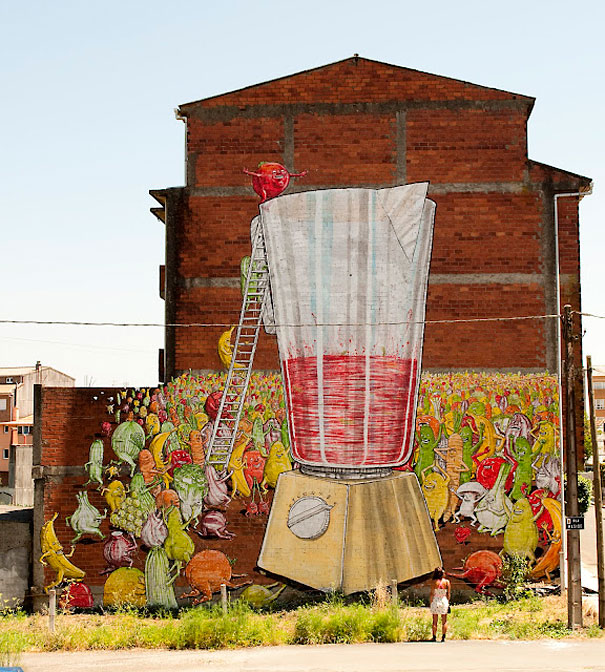Brooklynguy
Established
I've met perhaps 100s of developers over the years. I've liked one. Most are not very nice people even if the stunts they pull are deemed legal. Ethical and legal too often don't coincide. In my experience, its more than art. I watched extremely beautiful, historic, and unique architechtural gems gleefully destroyed (actual glee in the a** hole's eyes) to make way for yet another mini-mall. Some of these buildings were considered major "city treasures" and nobody thought they'd *ever* be callously destroyed -- thus nobody pursued official historic designation for those buildings. So. Legal, but ethical?
While I understand your point, the counterargument is that "preservationists" waste resources, impede real progress, make it too expensive to do business (thereby hurting society but helping their niche cause), trample on property rights in this country, etc. I too have my own personal experiences and have found questionably ethical people (what does that mean anyway) on both sides of the equation.
Maybe it's beautiful and historic, or maybe it is an obsolete, ugly, outdated, abandoned warehouse (or both). Maybe the Empire State Building/Space Needle/Eiffel Tower/etc. should not have been erected, since whatever existed there had to be removed/razed to make way for the new. Who is to say that what was originally there was not historic or beautiful in its own way. The irony will be that someone in the future will claim that the despised mini-mall was an icon of the late 20th century and therefore they should be preserved. If bell bottoms and platform shoes can become fashionable again as they did, people can be convinced of anything.



